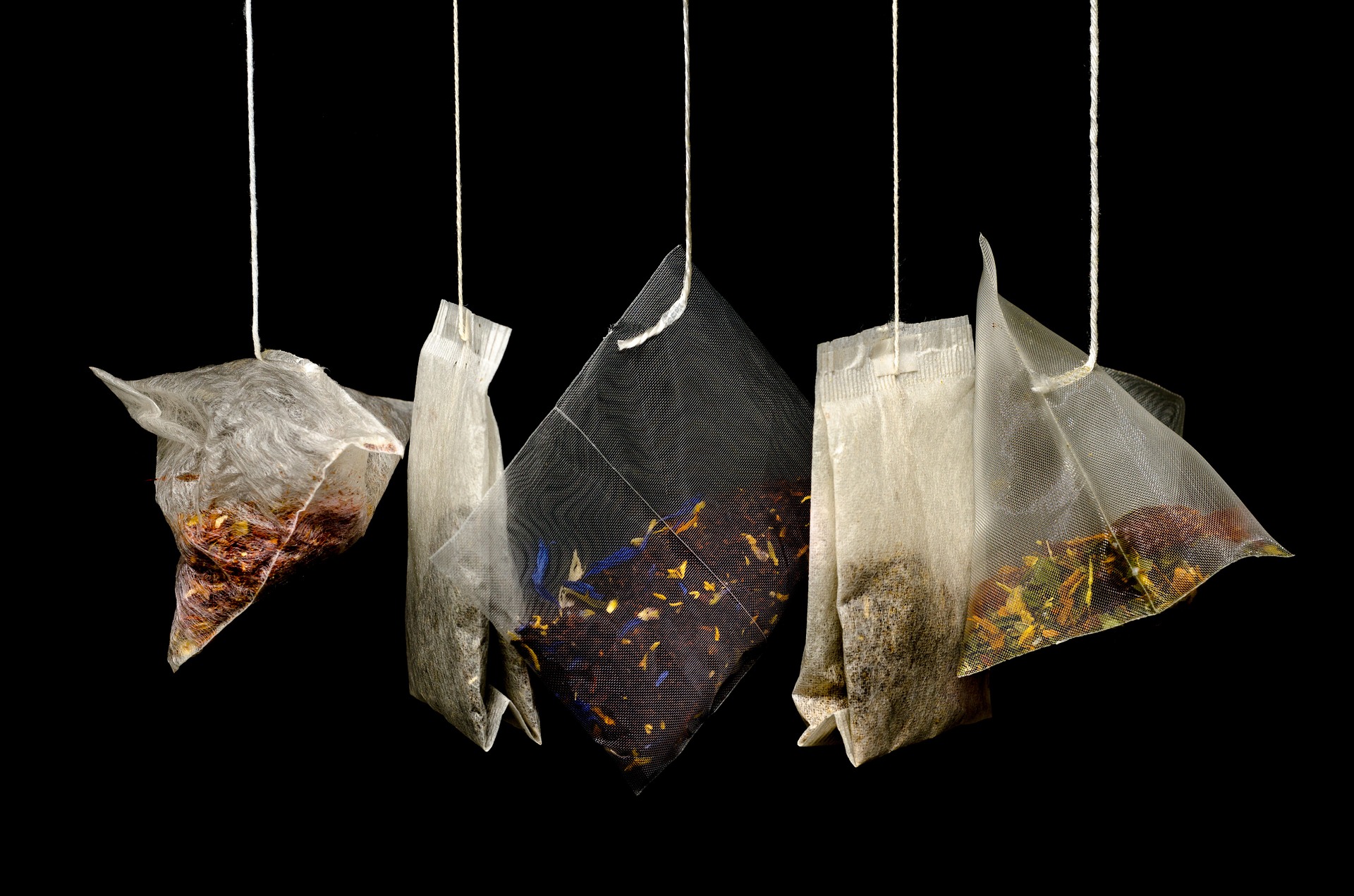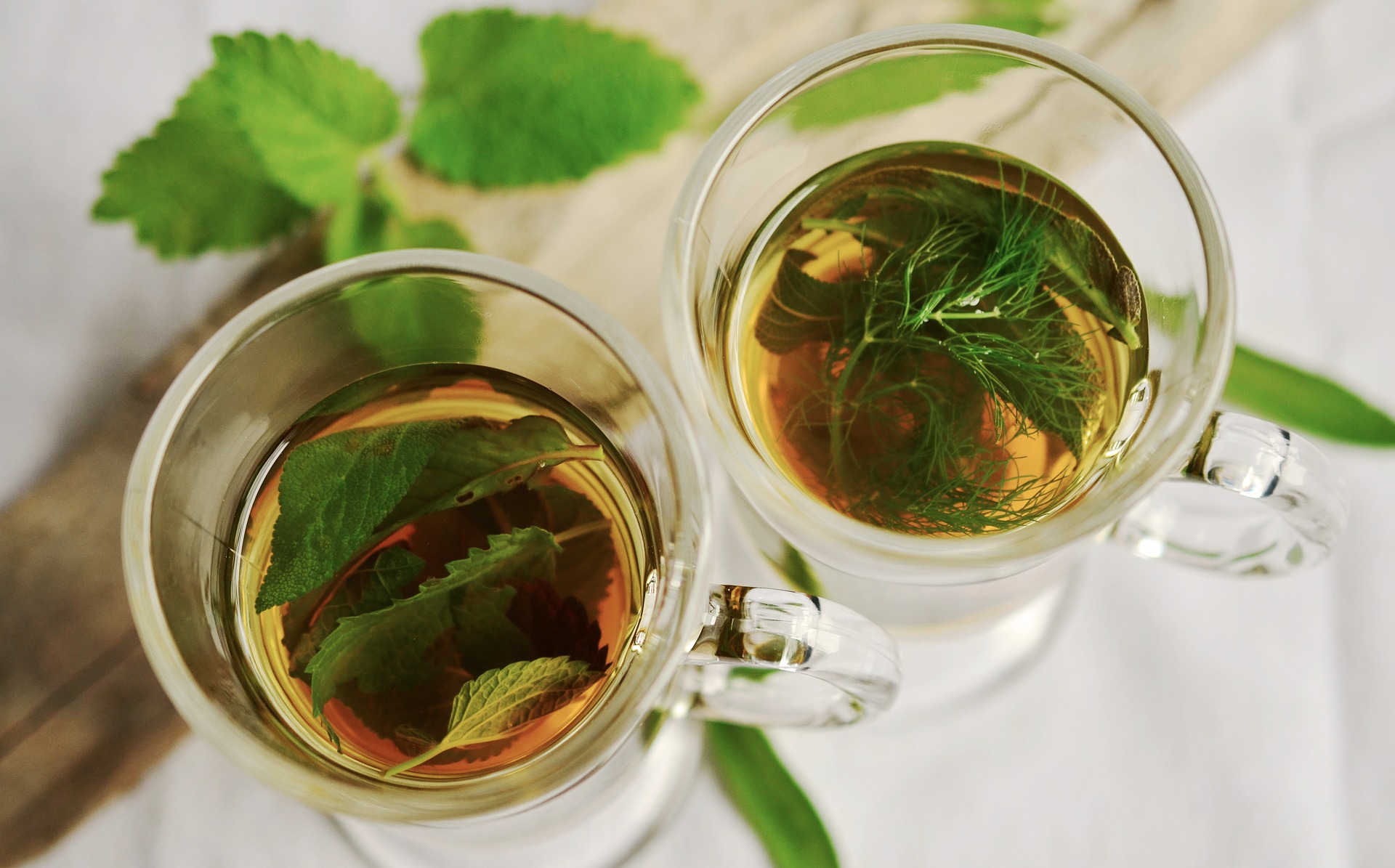As work and tech encroach further and further into our private lives and the mouse wheel of modern life spins faster and faster, nutrients that promote relaxation are becoming more of a priority.
Magnesium is a common recommendation for folks who experience a lot of stress and have trouble sleeping, but it’s not often you hear about a supplement that both helps you relax and helps you have more focused, productive workouts.
Enter Theanine
A favorite supplement of the legendary strength coach Charles Poliquin, theanine (also called L-theanine) is a naturally occurring amino acid that‘s found almost exclusively in the tea plant.
“Theanine has been shown to help promote relaxation without a sedative effect,” says Brian Tanzer, MS, CNS, the Manager of Scientific Affairs at Vitamin Shoppe. “It can also help promote focus and concentration.”
This may be because theanine has been shown in some studies to significantly increase activity in our alpha brain waves. The ins and outs of our brain wave frequencies are a pretty complicated subject, but for our purposes we can simply state that more activity in the alpha waves means more focus and less drowsiness.
Because it can help to relieve stress and anxiety without a sedative effect, it can be taken to help with anxiety and productivity during a workday without causing sleepiness like some relaxants and anxiety supplements.
What Theanine Means for Athletes
Although it’s a relaxation aid, it’s commonly taken with caffeine. Why?
“When used along with caffeine, which is typically found in pre-workout products, theanine may help attenuate some of the stimulating effects of caffeine,” says Tanzer. “The result is an increase in energy and focus without some of jittery side effects and crash associated with overconsumption of caffeine.”
So, caffeine + theanine = much of the energy and focus of caffeine without the erratic and unfocused side effects. (Of course, not everybody who drinks coffee becomes jittery, but it can help those who do once they hit a certain dose.)
“Theanine may also help promote recovery through its ability to promote relaxation and mental ‘regeneration’ following intense exercise,” adds Tanzer. “This helps create an environment conducive to more efficient recovery.”
For the average joe — particularly joes and josephines who struggle with anxiety — theanine can help to improve focus and reduce unproductive side effects of caffeine. But for athletes, there are extra benefits: it’s a dandy ingredient in a pre-workout, particular for the more intense products, and it can help the body and mind to remain in a more relaxed state between workouts, which promotes recovery.
So It’s Like Magnesium?
No, magnesium is different. Magnesium an essential mineral that’s required for more than 300 biochemical reactions in the body, and in addition to relaxation and sleep promotion, it supports energy production, nervous system function and cardiovascular function.
“When a person is low in magnesium, their nervous system displays signs of hyperexcitability due to more calcium being released, which has a stimulatory effect on the body,” says Tanzer. “Theanine isn’t an essential nutrient, but it works by promoting alpha brain wave activity which seems to have a relaxing effect.”
What’s a Good Dosage?
Dosages range from 50 milligrams to 200 milligrams per day. Tanzer suggests starting with the lowest dose and increasing as necessary.
Some folks report more effective doses at closer to three or four hundred milligrams, and while that’s not recommended, it’s not likely to be toxic or cause other problems. Theanine is “generally recognized as safe” by the FDA and rats have been fed up to a fifth of their bodyweight in theanine without negative side effects.
That doesn’t mean you should take grams upon grams of the stuff, but there’s no evidence that you should be overly concerned about mis-measuring a sensible serving.
If anxiety is an issue, caffeine disagrees with you, you dislike the jittery effect of pre-workouts or you want to optimize your intra-workout recovery as much as possible, consider theanine. It’s not an essential nutrient, but it can make for a very nice addition.
Featured image via @prestonsmithphotography on @crossfitinvictus on Instagram.


